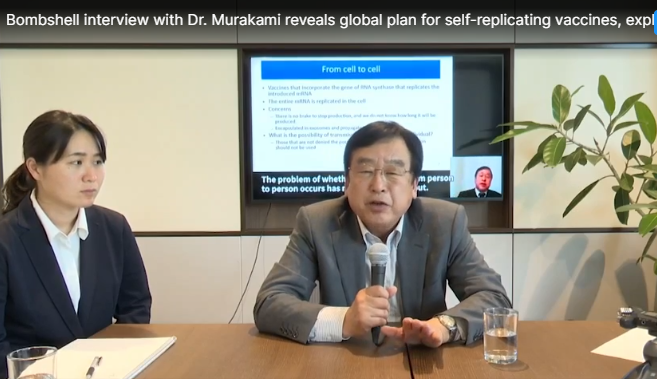Spike Protein Impairs With DNA Damage Repair Favoring Cancer Growth!
A scientific study in Sweden shows that SAR-COV-2 spike significantly inhibits DNA damage repair. The study found that spike protein localizes in the nucleus and inhibits DNA damage repair by impeding key DNA repair protein BRCA1 and 53BP1 recruitment to the damage site.
The spike protein is concentrating in the nucleus of the cell which is the main control centre, the VIP section of the cell. Nothing is supposed to get in there!
NHEJ repair and homologous recombination (HR) are 2 major DNA pathways that not only continuously monitor and ensure genome integrity but are also vital for adaptive immune cell functions.
The conclusion of the study was that, in proliferating cells NHEJ repairs 75% of DSBs (double strand breaks) while HR repairs the remaining 25%.
The DSBs, of all classes of DNA damage, are the most significant part of DNA damage repair. If these don’t get repaired or if they are repaired incorrectly or slowly, we are talking of cell death and early steps to cancer formation.
In the research they created DNA damage in cells and they found that there is less repairs in the presence of the spike protein in the nucleus.
How Much Less?
They found out that spike protein is inhibiting both the repair mechanisms by 80%
To determine how the spike protein inhibits both NHEJ and HR pathways, they analyzed the recruitment of 53BP1 and BRCA1 which are key checkpoint proteins of NHEJ and HR repair respectively.
What they found?
Spike protein markedly inhibited both 53BP1 and BRCA1 foci formation
Watch Here FOR THE FULL INTERVIEW
Here is the study: https://pubmed.ncbi.nlm.nih.gov/34696485/
BRCA1 Gene
Women who inherit this gene mutation have 70% risk of developing breast cancer compared to 10-20% without this gene mutation.
53BP1 Gene
53BP1 is a key player in DNA damage response with critical functions in cancer.
53BP1 is called the guardian of the genome.
In another study, it has been extensively demonstrated that aberrant expression of 53BP1 contributes to tumor occurrence and development. 53BP1 loss of function in tumor tissues is also related to tumor progression and poor prognosis in human malignancies.
https://pubmed.ncbi.nlm.nih.gov/30497961/
 Blog
Blog




